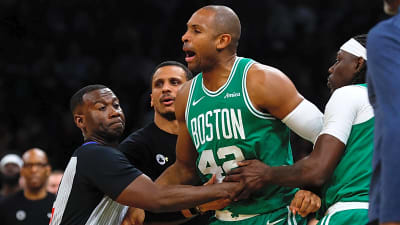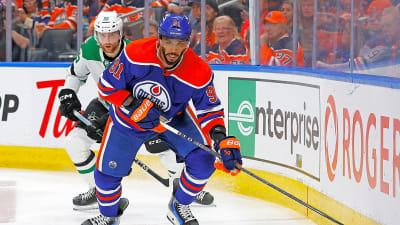The college basketball landscape has undergone a seismic shift, morphing into something more akin to a professional league than the amateur sport it once was. What the Wisconsin basketball program is experiencing this offseason isn’t unique to them.
The era of unwavering player loyalty to their university is fading fast.
If you’re still clinging to the hope that players will remain as devoted to their alma mater as the fans are, it’s time to abandon that notion. Gone are the days when players like Ethan Happ, Brad Davison, and Tyler Wahl spent five years within a program, developing and becoming pillars of their team. The rise of NIL deals and the transfer portal has ushered in an era of constant roster turnover, where annual rebuilding will be the norm.
This shift in the college basketball paradigm has been propelled by the growing influence of NIL deals. Players now often face the tough decision of weighing life-changing financial opportunities driven by market value against more conventional factors like playing style, coaching, or culture.
Loyalty has become an increasingly rare commodity, with players understandably opting to chase lucrative opportunities elsewhere rather than remain tied to their current program. Chucky Hepburn’s departure from the Wisconsin basketball team epitomizes this trend, as even players who once professed unwavering devotion left to chase the bag.
Another example comes from Michigan State insider Justin Thind. On Twitter, he suggested AJ Storr had a handshake agreement on a NIL deal with the Illinois Fighting Illini in February. That never came to fruition, and he’s since committed to Kansas, but the point is the same: there’s nothing you can do as a program when the heavy hitters come knocking with bags full of cash — and the tampering that’s taking place is never ending.
In February. NIL number was agreed upon and everything. It was known around the Big Ten.
What do you think I gain by throwing random stuff at the wall based on “zero knowledge”
— Justin Thind (@JustinThind) April 18, 2024
Based on what I’ve gathered, it seems that the Wisconsin basketball program boasts a genuinely competitive NIL infrastructure, with some suggesting it ranks among the top 20 nationally. However, even if this holds true, the Badgers can’t match the financial resources of blueblood programs, posing a legitimate challenge in retaining top talent.
The NCAA’s decision to introduce NIL deals without adequate regulation has only exacerbated the situation, allowing players to capitalize on their market value without any oversight. This lack of regulation has created an environment where financial considerations reign supreme, leaving Wisconsin basketball scrambling to keep pace with the competition.
“We have become professional sports,” Gard said on a 97.3 The Game radio appearance. “But we don’t have the guidelines of free agency, of salary caps, of players unions, of arbitration. We’re in that world without any guardrails.”
While some may argue that this shift towards a more professionalized model is inevitable, others lament the loss of tradition and loyalty that once defined college basketball. Regardless, this is now exclusively pay-for-play, and it’s not going anywhere. Until some form of regulation is implemented, the Badgers will see an influx of new faces every season.
As college basketball hurtles towards an uncertain future, one thing remains clear: the landscape has been forever altered by the rise of NIL deals and the transfer portal. Whether this transformation is ultimately for better or worse remains to be seen. Still, one thing is certain—the days of watching Wisconsin basketball recruit and develop its players across four seasons while establishing continuity are long gone.
More must-reads:
- Wild acquire former first-round pick from Red Wings
- Astros shortstop's breakout season hits snag with injury
- The 'First-overall NHL Draft picks' quiz
Breaking News
Trending News
Customize Your Newsletter
 +
+
Get the latest news and rumors, customized to your favorite sports and teams. Emailed daily. Always free!








